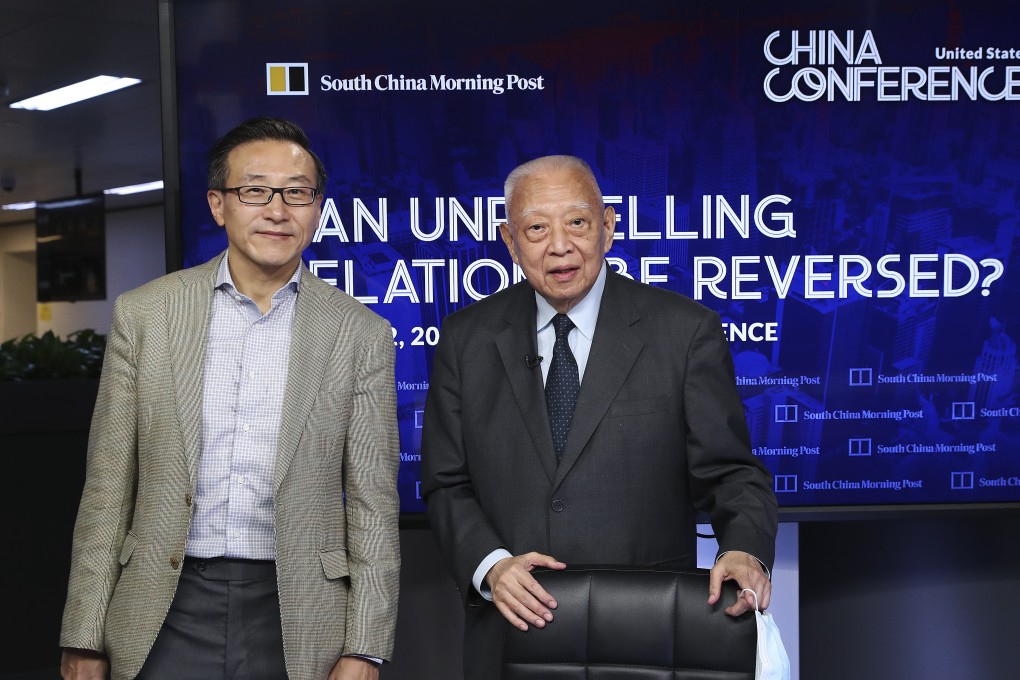Advertisement
More tech companies likely to list in Hong Kong in next decade, Alibaba’s Joe Tsai says
- Tech leaders in Southeast Asia among companies likely to choose Hong Kong for listings, Tsai says
- Non-US investors, sovereign wealth funds increasing allocations to Hong Kong and Asia
Reading Time:2 minutes
Why you can trust SCMP

More technology companies from across the globe – not just those based in China – are likely to list on Hong Kong’s stock exchange in the next five to 10 years, particularly emerging tech leaders in Southeast Asia, according to Alibaba’s executive vice-chairman Joe Tsai.
Non-US investors, as well as sovereign wealth and pension funds, are increasing their allocations to Hong Kong and Asia as they seek to tap future growth in the region, Tsai said at a fireside chat as part of Hong Kong Exchanges and Clearing’s (HKEX) first Southeast Asia Forum on Thursday. HKEX is the operator of the Hong Kong bourse.
“Think about that huge capital base coming to Asia, and a lot of that is focused on Hong Kong, because Hong Kong already has a critical mass of high-quality technology companies listed here. Hong Kong is the place to be, because global capital is already here,” Tsai said at the virtual event.
Advertisement
The session was closed to the media, but the HKEX provided a summary of the chat on its website on Friday.

Sovereign wealth funds are likely to increase their allocation to Asia from about 3 per cent to 10 per cent to 15 per cent over time, with much of that focused on Hong Kong’s equity market, said Tsai, who is a member of the HKEX’s International Advisory Council.
Advertisement
Southeast Asia could be important market to mine for listings in the future as the Hong Kong stock exchange competes with the likes of New York, Shanghai and Shenzhen as the top destination for global initial public offerings. The bourse has been the largest IPO market worldwide seven times in the past 11 years.
Advertisement
Select Voice
Choose your listening speed
Get through articles 2x faster
1.25x
250 WPM
Slow
Average
Fast
1.25x